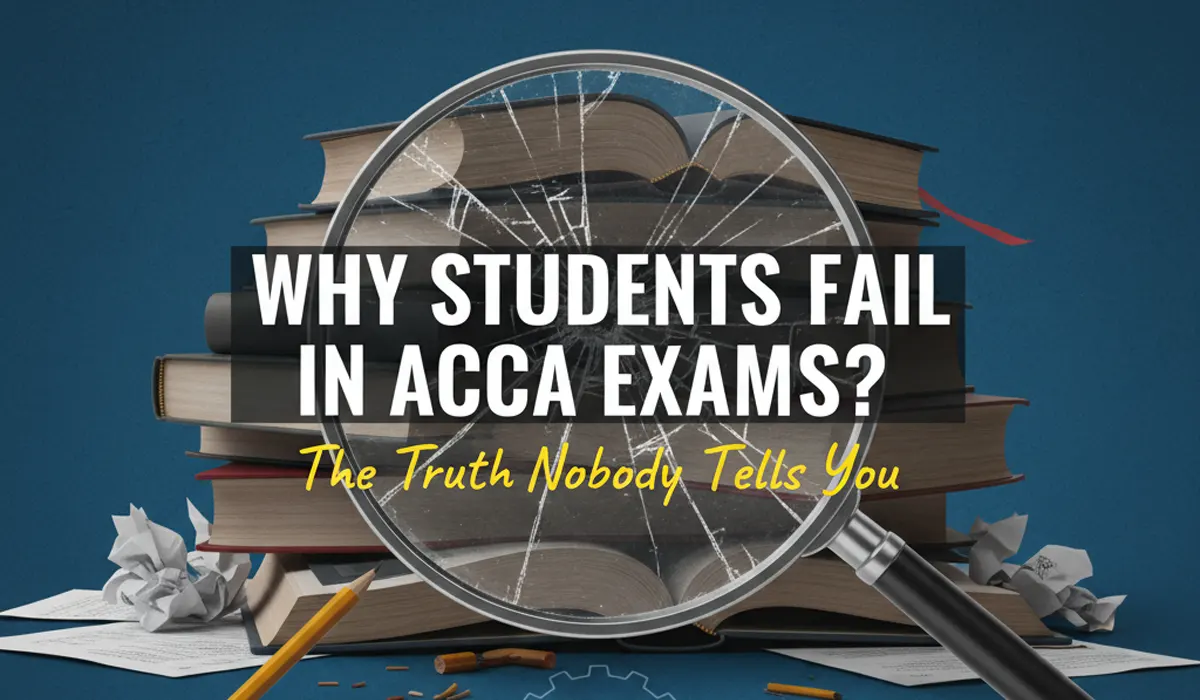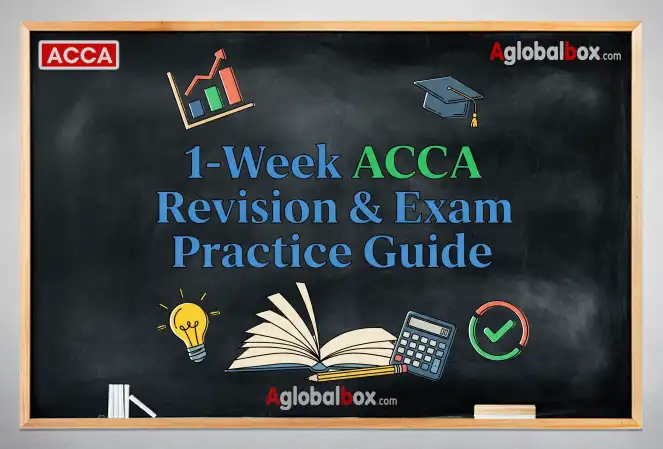These are ACCA F7 (FR) Financial Reporting MCQs for Part-C of the Syllabus “Analysing and interpreting the financial statements of single entities and groups”.
These multiple-choice questions (MCQs) are designed to help ACCA F7 students to better understand the exam format. We aim to instill in students the habit of practicing online for their CBE exams. By doing so, students can reduce exam stress and prepare more effectively.
Please note:
- Students should not attempt these MCQs until they have finished the entire chapter.
- All questions are compulsory, so please do not skip any.
We hope that these MCQs will be a valuable resource for students preparing for the ACCA F7 (FR) exam.
INFORMATION ABOUT THESE CBE MCQs Test/Quiz
| Course: | ACCA – Association of Chartered Certified Accountants |
| Fundamental Level: | Applied Skills |
| Subject: | Financial Reporting |
| Paper: | F7 – FR |
| Chapter and Topic | 23 – Specialised, not-for-profit and public sector entities |
| Syllabus Area: | C – “Analysing and interpreting the financial statements of single entities and groups” |
| Questions Type: | CBE MCQs |
| Exam Section: | Section A |
Syllabus Area
These Multiple Choice Questions (MCQs) cover the Syllabus Area Part-C of the Syllabus; “Analysing and interpreting the financial statements of single entities and groups” of ACCA F7 (FR) Financial Reporting Module.
Time
These MCQs are not time-bound. Take your time and solve them without stress. Pay proper attention and focus. Do not rush or hesitate
Result
Students will get their F7 CBE MCQs Test results after they finish the entire test. They will also be able to see the correct and incorrect answers, as well as explanations for the incorrect questions.
Types of Questions
MCQs: Choose one from the given options.
Multiple choice: Choose all those answers which seem correct/ or incorrect to you, as per the requirement of the question. Keep your eye on the wording “(select all those which are correct/ or incorrect)“.
Drop-down: Select from the list provided.
Type numbers: Type your answer in numbers as per the requirement of the question.
- ACCA F7 MCQs
- FR MCQs
- ACCA F7 FR Multiple Choice Questions
- Financial Reporting Online Multiple Choice Questions
- ACCA F7 FR Practice Questions Online
- ACCA Financial Reporting Online Practice Questions
- F7 Financial Reporting MCQs Online
- F7 MCQs
- ACCA MCQs
- ACCA F7 MCQs Chapter Wise
- Online F7 CBE MCQ QUIZ
- Online F7 CBE MOCK
- ACCA F7 Chapter 23 CBE MCQs Online
- F7 FR Chapter 23 MCQs Online
- F7 FR Chapter 23 CBE MCQs
- F7 FR Chapter 23 MCQs Online





